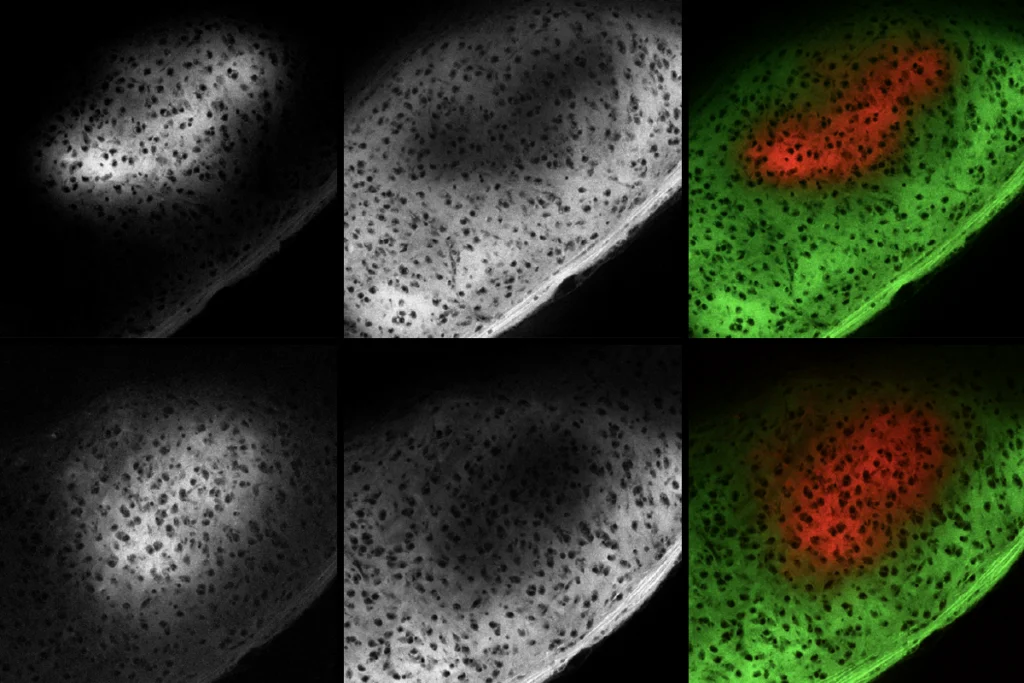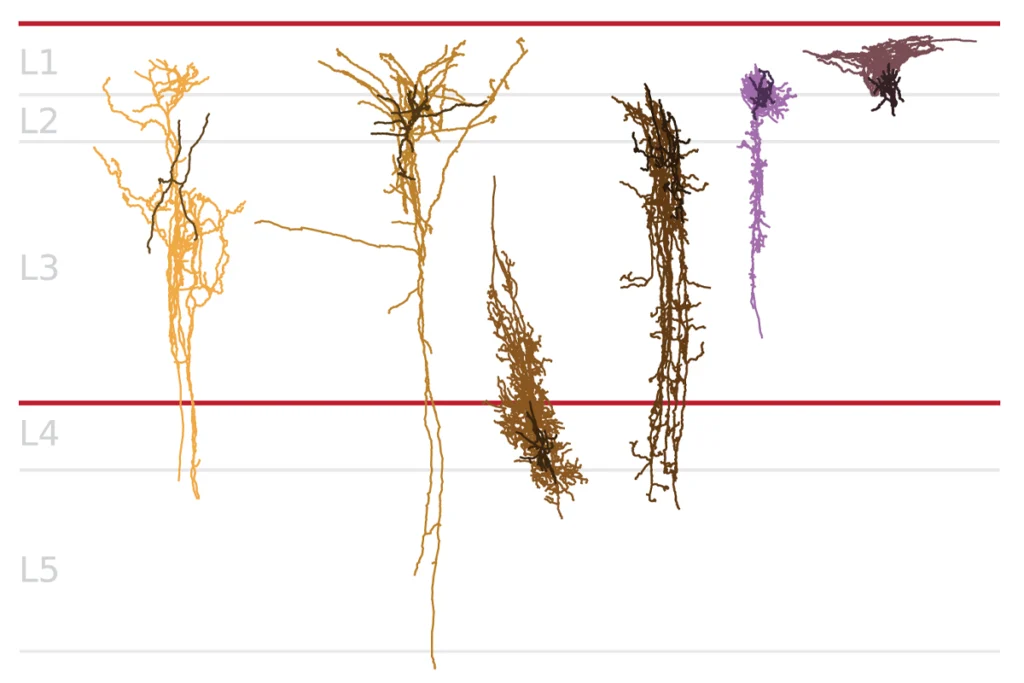Isabel Smith, a clinical-developmental psychologist, is the Joan & Jack Craig Chair in Autism Research at Dalhousie University and the IWK Health Centre in Halifax, Nova Scotia, Canada.

Isabel Smith
Professor
Dalhousie University
From this contributor
Detecting a signal amid noise in autism early-intervention research
Studies of behavioral treatments for autism are complex and can easily be misunderstood. Here we provide some guidance.

Detecting a signal amid noise in autism early-intervention research
Explore more from The Transmitter
Karen Adolph explains how we develop our ability to move through the world
How do babies' bodies and their environment teach them to move—and how can robots benefit from these insights?

Karen Adolph explains how we develop our ability to move through the world
How do babies' bodies and their environment teach them to move—and how can robots benefit from these insights?
Microglia’s pruning function called into question
Scientists are divided over the extent to which the cells sculpt circuits during development.

Microglia’s pruning function called into question
Scientists are divided over the extent to which the cells sculpt circuits during development.
Early trajectory of Alzheimer’s tracked in single-cell brain atlases
Inflammation in glia and the loss of certain inhibitory cells may kick off a disease cascade decades before diagnosis.

Early trajectory of Alzheimer’s tracked in single-cell brain atlases
Inflammation in glia and the loss of certain inhibitory cells may kick off a disease cascade decades before diagnosis.